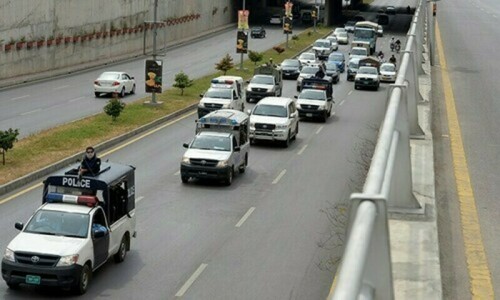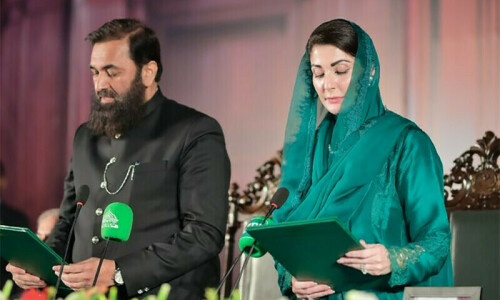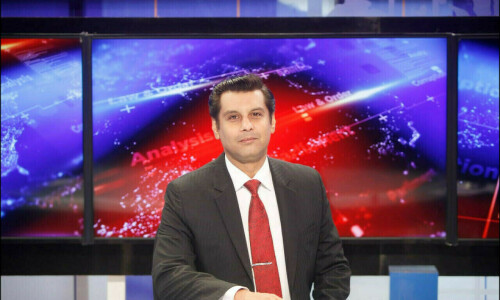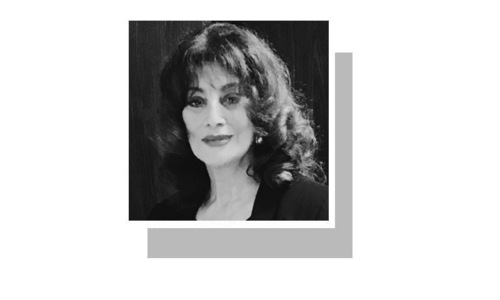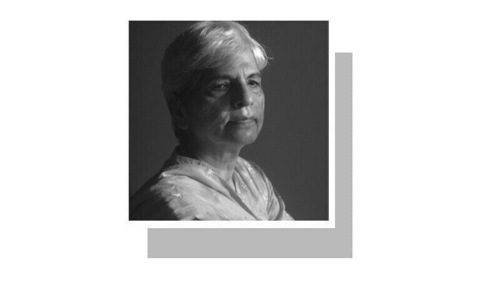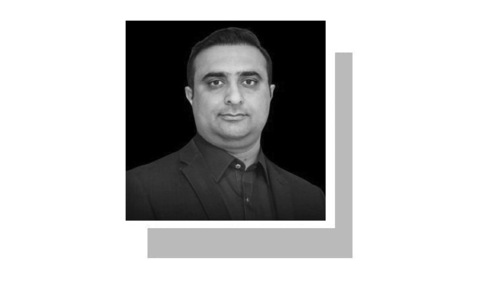KARACHI: Students, professors and activists gathered at the Jinnah Medical and Dental College’s Zaki Hasan auditorium to remember one of Pakistan’s most prominent social scientists, Hamza Alavi, on Saturday evening.
“We have been organising this distinguished lecture series for Hamza Alavi for the last 15 years,” said Dr Jaffar Ahmed, president of the Irtiqa Institute of Social Sciences. This year’s lecture was titled Hamza Alavi: his legacy and beyond. “Hamza Alavi was a philosopher and social scientist who made his presence felt everywhere,” he said, adding that Prof Alavi was born in Karachi and moved to Pune, where he was educated.
“He moved back to Karachi after Partition and started working at State Bank soon after,” he said. In 1953, he moved to Tanzania, where he associated himself with agriculture of native farmers but left soon after for London to get medical treatment.
By this point, said Dr Ahmed, Prof Alavi had developed an interest in Left. He had also decided to stay in the UK and over the years was associated with several parties, movements and universities, including Sussex and Manchester.
According to Dr Ahmed, he wrote extensively on ethnicity, religious discrimination, political discrimination, Europe’s feudal mode of production, post-independence relations with world capitalism, the modern colonial system, Pakistan’s agriculture economics, changes in it and state’s tactics behind these changes, among many other topics.
Guest speaker Dr Aasim Sajjad Akhtar, an associate professor at the Quaid-i-Azam University in Islamabad, who used many of Prof Alavi’s work for his PhD thesis at the School of Oriental and African Studies, said: “Hamza Alavi is arguably the most influential progressive scholar in Pakistan’s history.
“This is both a tribute to his intellect and politics, and a damning indictment of the poor state of scholarship since the 1980s,” he said, adding that Prof Alavi saw a lot, wrote a lot about Pakistan’s politics, economics, history and many other issues.
“My PhD thesis revolved around Hamza Aalvi’s classic theory of the ‘overdeveloped state’,” he said.
“In sum, while retaining some of the descriptive elements of the original theory, I effectively discarded the crux of the theoretical formulation on the basis that it was static and also didn’t include an explanation of how the structure of power is legitimatised ‘from below’,” he explained in a booklet at the lecture.
The event was organised by the Irtiqa Institute in collaboration with the Hamza Alavi Foundation.
Urban planner and architect Arif Hasan, political economist Akbar Zaidi and Karamat Ali, executive director of Piler, also attended the event.
Published in Dawn December 18th, 2016




